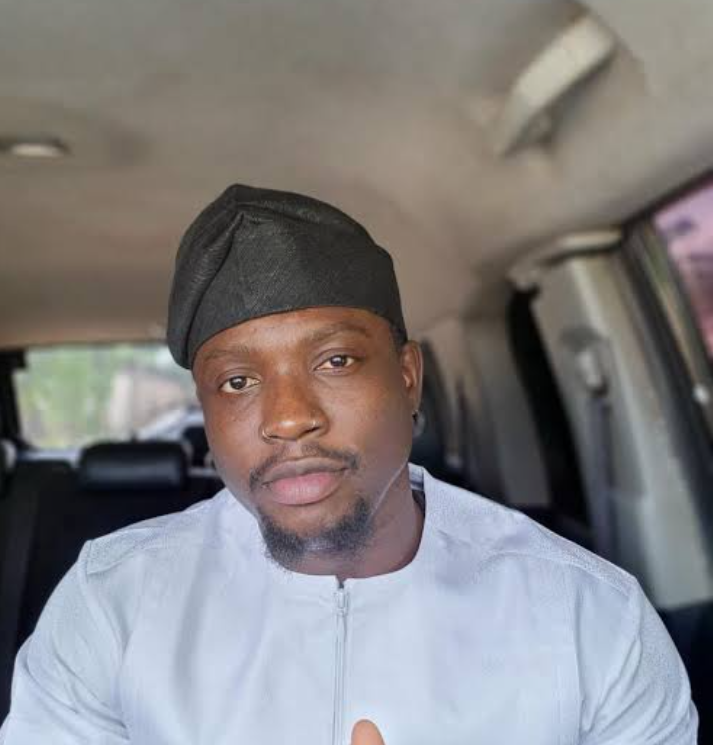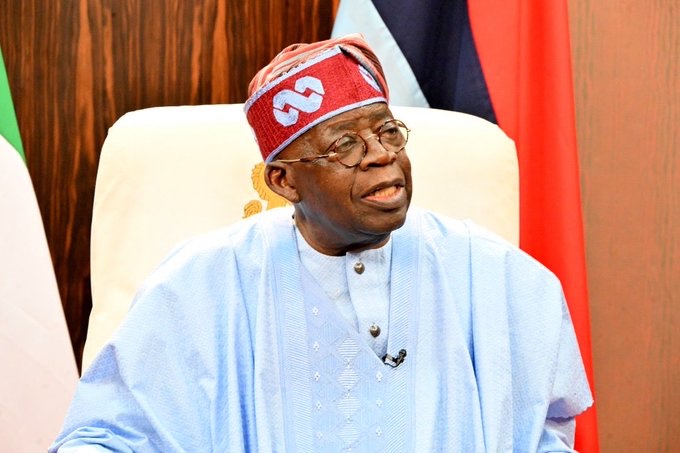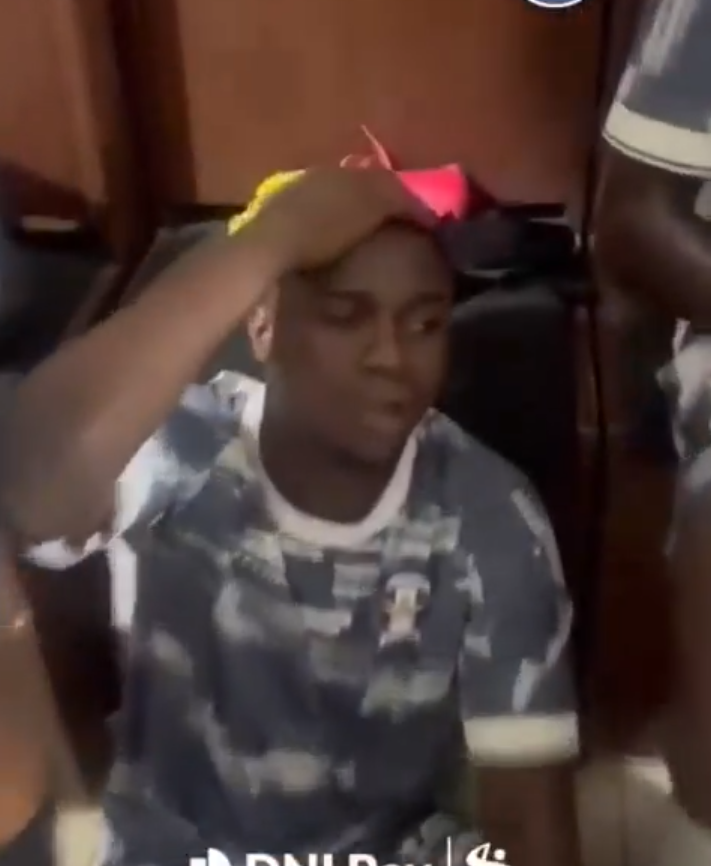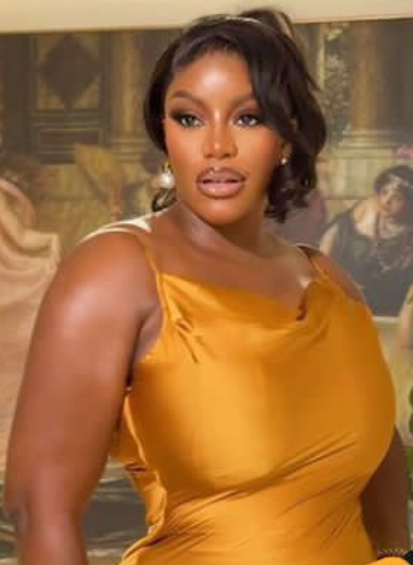
Voices Will Not Be Silenced: VeryDarkMan Set for Release Amid Nationwide Outcry

The clamor for justice reached a boiling point as the Economic and Financial Crimes Commission (EFCC) prepared to release Martins Vincent Otse, famously known as VeryDarkMan, after several days of detention that sparked intense nationwide outrage. On Tuesday, sources confirmed that the controversial social media commentator would finally walk free, bringing a temporary halt to the storm of protests, criticism, and conversations that his arrest ignited across Nigeria.
VeryDarkMan’s arrest on Friday, May 2, sent shockwaves through the digital and political landscape. The charges leveled against him, though yet to be officially filed, revolve around multiple petitions alleging cyberstalking and related offenses. But it wasn’t just another high-profile arrest—it was, to many Nigerians, an unsettling warning sign about the state of free speech and citizen activism in the country.
From the moment news of his detention surfaced, social media erupted with the hashtag #FreeVDM, drawing support from a diverse spectrum of Nigerians, including students, civil society groups, and political commentators. By Monday, the digital outcry had spilled into the streets. Protesters in Abuja's Wuse district raised their voices and placards in unison, calling not only for VeryDarkMan’s release but for an end to what they described as “selective justice” and a growing trend of silencing dissent.
Eyewitnesses described the Abuja protest as peaceful yet emotionally charged. Chants of “Free VDM!” echoed through the city center, while signs bearing slogans like “Stop the Witch Hunt” and “Freedom for All, Not for Some” underscored the frustration many citizens feel toward what they perceive as targeted oppression. The protests were a striking reflection of how far-reaching VeryDarkMan’s influence has become. He’s not merely a content creator or social media figure—he’s become a voice for many disillusioned Nigerians who feel abandoned by the political elite.
An EFCC insider, who spoke to Vanguard under the condition of anonymity, revealed that while Otse remains in custody, formal charges have not yet been filed against him, a fact that only intensified the criticism directed at the commission. According to the source, the EFCC is still working on drafting several charges expected to be brought before a court by Thursday. This delay in charging the outspoken critic has raised significant legal and ethical concerns, especially considering Nigeria’s constitutional provisions regarding the timely arraignment of arrested individuals.
VeryDarkMan has made a name for himself by fearlessly challenging corruption, exposing societal decay, and openly criticizing politicians and public figures. His blunt and unapologetic style has earned him both fierce loyalty from supporters and equally intense scrutiny from those in power. To his millions of followers, he is a digital freedom fighter, unafraid to confront the truths many dare not speak. To his critics, he is a troublemaker whose methods cross the line into personal attacks and defamation.
In the days following his arrest, the country witnessed a flurry of public figures weighing in on the matter. Notably, former Vice President Atiku Abubakar condemned the arrest as a “blatant abuse of power,” joining a growing list of influential Nigerians questioning the EFCC’s intentions. For Atiku and others, this incident is not isolated—it’s symptomatic of a broader pattern of using state institutions to suppress independent voices and critical thinking.
Meanwhile, the EFCC has maintained a conspicuous silence. As of Tuesday morning, no official statement had been released addressing either the status of the investigation or the reasons behind the delayed charges. This absence of transparency has only fueled speculation that the arrest may be politically motivated, an attempt to intimidate or silence one of the government’s most relentless online critics.
But if intimidation was the goal, it appears to have backfired. Far from cowering into silence, VeryDarkMan’s arrest has elevated him to martyr-like status in the court of public opinion. The conversation has moved beyond his personal situation and evolved into a larger debate about constitutional rights, institutional accountability, and the boundaries of freedom of expression in Nigeria’s evolving democracy.
In a time when social media has become the new public square, VeryDarkMan’s ordeal has revealed both the power and peril of digital activism. His case underscores how a single voice—amplified by technology and backed by conviction—can rally thousands, even millions, to stand up and demand better. It also highlights the delicate balance that must be maintained between regulating online behavior and upholding the fundamental right to free speech.
As Nigeria awaits the EFCC’s next move, the question now is whether the legal process will proceed transparently and fairly or whether it will descend into yet another example of institutional overreach. Either way, VeryDarkMan’s release marks only the beginning of a much larger battle—one for the soul of Nigeria’s democracy and the future of its digital freedom fighters.
The world will be watching what happens next. But one thing is certain: this saga has etched a powerful message into the national consciousness—when voices are silenced, the noise only grows louder.


